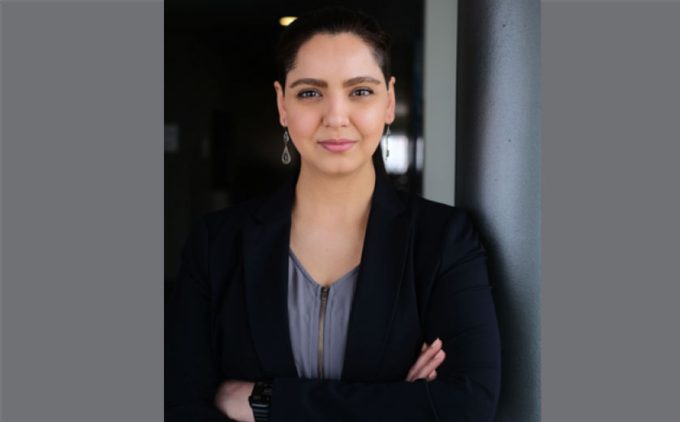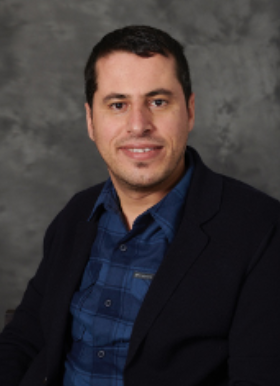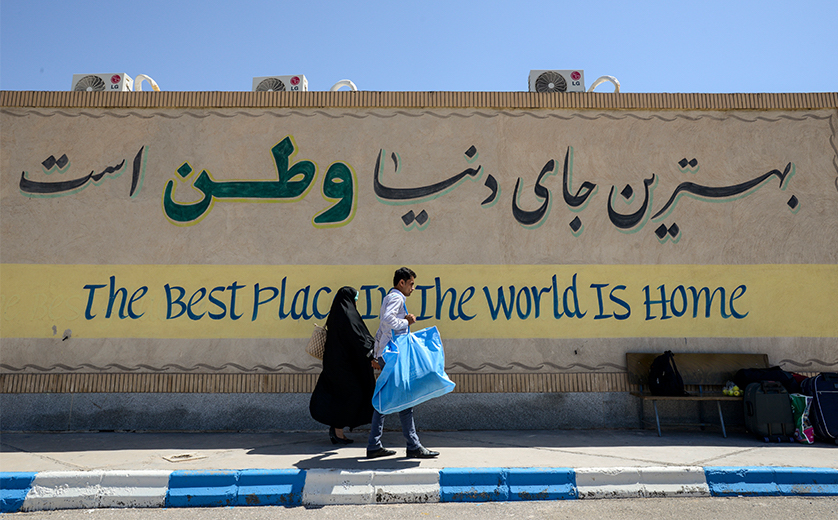Initiative coordinates research, education, training to improve the lives of displaced people around the world
At age 26, Meena Safi had never lived away from home or been outside Afghanistan when the Taliban took control of her nation in 2021. Meena had been working with American journalists and non-profits, and so felt at risk, particularly as a woman. Rejecting the advice of relatives to “just get married,” she fled to a refugee camp in Spain. Nine months later, she came to the U.S. with a scholarship to study at the Brown School.
Meena, MSW ’24, is now preparing to work with other Afghan refugees in St. Louis as part of the Initiative for Social Work and Forced Migration, a nationwide hub for social workers who want to work with refugees.
“That scholarship saved my future,” she said.
The Initiative is based at the Brown School and led by Mitra Naseh, an assistant professor who helped found the effort in 2019 as a doctoral student. “This initiative is important in creating a platform for social work to be more involved in research on forced migration,” she said. “A very limited number of universities offer these opportunities to social work students.” The initiative now includes nearly 200 members in the U.S. and other countries who are working with forcibly displaced people, a burgeoning crisis that reached 103 million last year, the highest number on record since World War II.


Naseh hopes to expand her small team to attract students and eventually create a certificate program as well as to highlight the work and research other initiative’s members, who meet annually at the conference of the Society for Social Work and Research.
Another student working on Initiative projects is Mustafa Rfat, a second-year PhD student in social work who came to the U.S. in 2011 as a refugee from Iraq. A student living with a disability, Rfat’s area of interest is refugees with disabilities and the challenges they encounter. “It’s a professional interest, but it’s a life experience for me as well,” he said, noting that because he speaks both Arabic and Turkish, he was able to hear other stories of refugees with disabilities. Rfat is a global scholar with the McDonnell International Scholars Academy.
